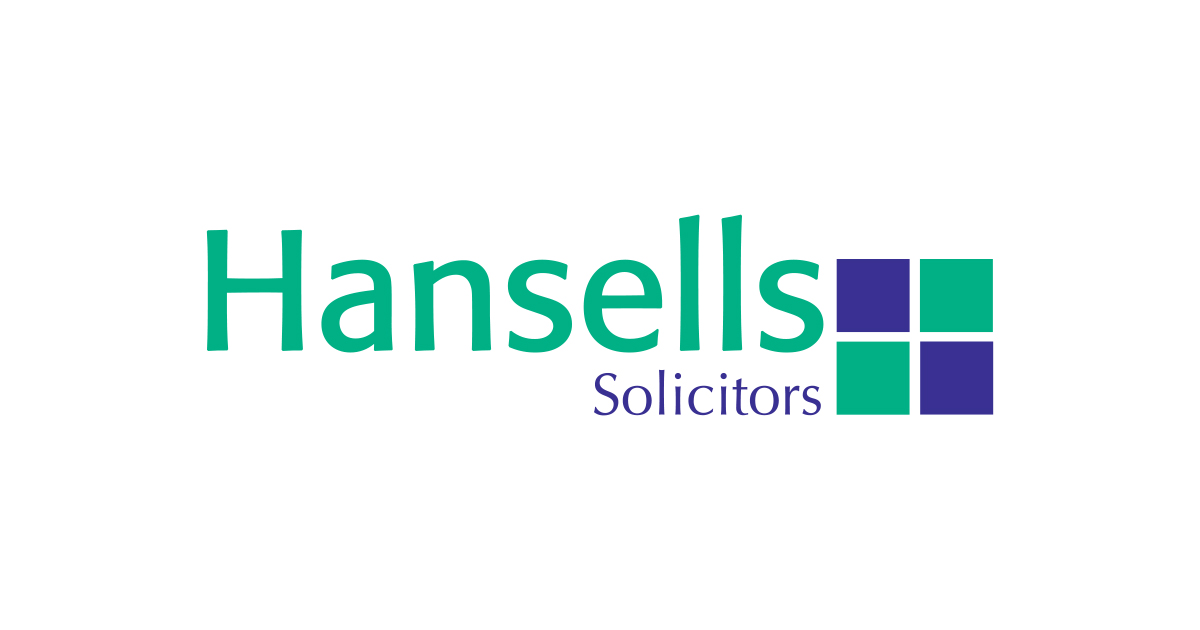For many aspiring homeowners, the primary hurdle remains the substantial deposit required to purchase a property. A groundbreaking proposal is capturing their attention and fostering hopes for the prospect of a 1% deposit homebuyers scheme.
Over the years, ever-increasing property prices have made it increasingly challenging for individuals with decent incomes to enter the housing market. In response, the government is exploring a bold initiative that could revolutionise home ownership: the introduction of 99% mortgages, where a mere 1% deposit could transform the dream of owning a home into reality.
How will it work?
The idea of facilitating 99% loan-to-value (LTV) mortgages, requiring only a 1% upfront deposit, is under serious consideration within the Treasury.
This proposal may feature in the upcoming March Budget announcement by the Chancellor as the government aims to address the housing affordability crisis, particularly for first-time buyers.
Traditionally, lenders have insisted on a 10% deposit, but by guaranteeing a portion of riskier loans associated with just a 1% deposit, the government could potentially widen access to home ownership.
Drawing from recent experiences such as the Help to Buy scheme and the ongoing “mortgage guarantee scheme,” we see that the government has previously supported initiatives to boost homeownership, including providing equity loans and backing low-deposit mortgages to stimulate new-build developments.
Could it make owning a home easier?
The question on everyone’s mind is whether this scheme could truly make owning a home possible for just a few thousand pounds. If we consider the national UK average property price of £290,000, under the proposed 1% deposit scheme, a buyer would need just £2,900 as a deposit. However, it’s crucial to note that low-deposit mortgages typically come with higher interest rates, reflecting the increased risk for lenders.
Furthermore, the challenge of passing affordability tests and coping with high house prices and interest rates remains, making monthly expenses daunting for many.
Will lenders support this plan?
Another key consideration is whether lenders will support this plan. Even if it targets creditworthy young buyers, the minimal deposit increases risk for banks and building societies.
With less capital invested in the property, borrowers may be less motivated to retain ownership if prices decline, as they would have only a 1% equity stake at risk. However, it is expected that lenders will counteract this with high early repayment charges.
Will it boost the prices in the market?
There is also a concern among housing experts that this radical proposal could potentially backfire by driving up property prices.
While it may initially boost market demand, the limited housing supply could result in price spikes, further hindering affordability for future generations.
It is worth noting that the Home Builders Federation has welcomed the government-backed scheme as it promotes new developments, but there are concerns about the balance between demand and supply.
Conclusion
In conclusion, the prospect of a 1% deposit scheme for homebuyers is undoubtedly appealing, as it could pave the way for more individuals to step onto the property ladder. However, the potential consequences, including higher interest rates, affordability challenges, and market price volatility, must be carefully considered. Additionally, the willingness of lenders and the broader impact on the housing market require close scrutiny. It remains to be seen whether the Chancellor will proceed with this radical mortgage support scheme, taking into account the complexities and potential implications it entails.
